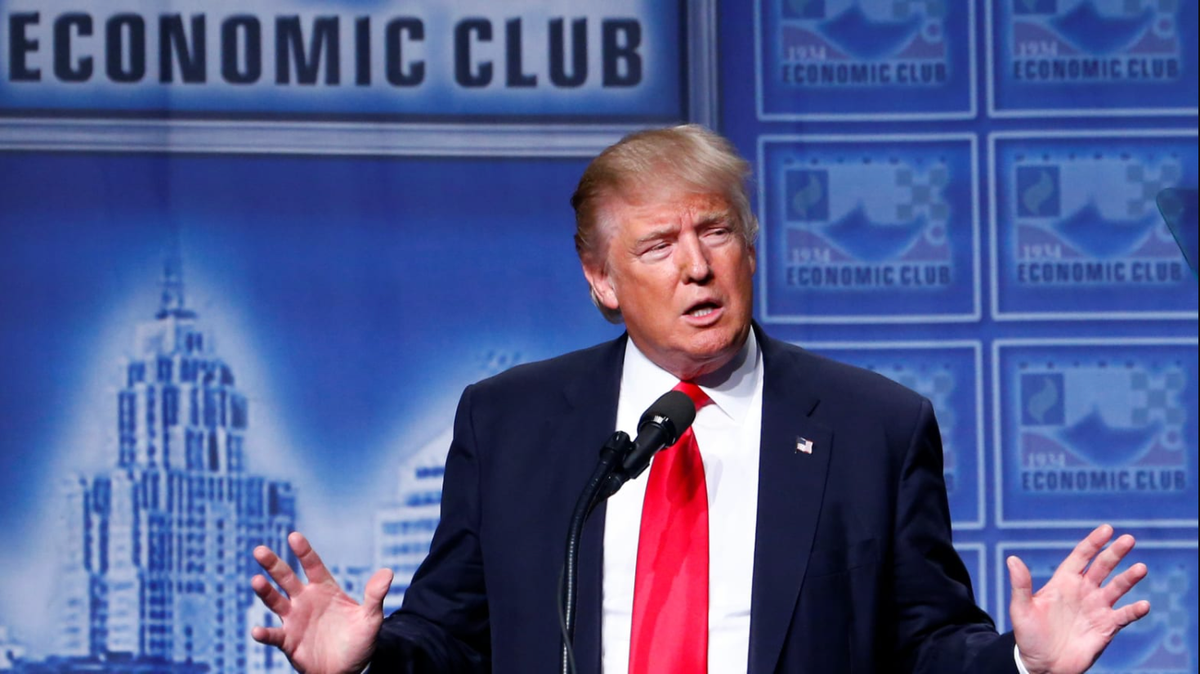OPINION: The US Election Results’ Projected Effect on North American Economics
By Safiya Ahmed ’27, Resident Editor; Edited by Rawnie Sun ’25, Head Editor-in-Chief

Recently, Donald J. Trump was elected as the United States’ 47th president. As any election result, Trump’s time in office will have a ripple effect on economics worldwide. The US’s closest neighbour, Canada, is especially susceptible to any changes made by the U. S. government. Some of these effects may be the result of proposed tariffs, tax cuts, and mass-deportation.
The Republican elect is looking to implement significant tax cuts to high-earning individuals/households, as well as corporations. Corporations are looking at rates from 15%-20%, which means that profit will increase and stocks will go up. This could mean well for individuals’ 401(k)s, assuming that the performance boost isn’t short-lived. It is important to note that, whilst overall taxes for individuals and households in the United States will go down, lower to middle class tax breaks will be considerably lower than the breaks the 1% will get.
Another change looking to be implemented are increased tariffs, which economists predict will have a detrimental effect on the economy. An increase in tariffs will affect more than 2/3 of U. S. businesses and will raise costs of operation significantly. In addition to the increase in tariffs, Trump has proposed mass-deportation of undocumented immigrants. This will also raise costs of operation, as many companies utilise under the table work, paying their workers minimally to keep costs low. If under the table workers aren’t readily available, companies would have to pay higher wages to their employees. Trump’s proposals, if implemented, will increase inflation considerably. When companies have to pay more for their resources, the average consumer will have to make up the difference. It is projected that if tariffs are introduced, inflation could go up 1% point.
Any major change in the U. S. economy will have a ripple effect on global economics. Canada is the first to be affected, especially as they are the U.S.’s closest trading partner. If American goods become more expensive, that does not bode well for the Canadian economy. Because of the anticipated inflation, the U. S. Federal Reserve is expected to keep interest rates high. This means that the U. S. dollar will remain high in value. If the Canadian dollar were to decrease in value compared to the U. S. dollar, the cost of living in Canada would increase because so many goods are priced in U. S. dollars, which means that import costs would go up. This will lead to further inflation in Canada. Because there is a steep predicted rise in cost of living, Canada’s GDP is projected to drop by 1.7% by the end of Trump’s term.
All in all, the Republicans’ victory will can be expected to have profound effect on the North American market. This will most likely include inflation in the U. S. and Canada, continued high interest rates, as well as potentially higher corporate performance in the stock market.




